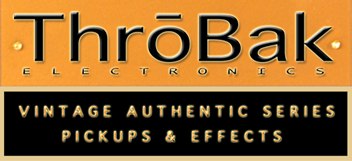treatmanc
New member
- Joined
- Aug 2, 2003
- Messages
- 268
Hi
I've had many Les Pauls vintage and Historics. Some were dogs and some were stellar. My last Historic was from 95, awesome top, but heavy and sounded like a dog comparared to my Classic Goldtop. Both had Peter Florence Pafs, exactly the same.
So my question is if Gibson wanted to build a fantastic guitar, and because 100 year old wood is hard to come across these days why not roast the body and neck to remove as much moisture as possible to get close to the same effect?
It would not be that hard to do, or cost much on their part, and it would sound a lot better, much closer to the real bursts, because that's exactly what happens with age. Some people,are paying between $8-11k for these, it seems like a small thing to make it so much better. Thoughts anyone?
I've had many Les Pauls vintage and Historics. Some were dogs and some were stellar. My last Historic was from 95, awesome top, but heavy and sounded like a dog comparared to my Classic Goldtop. Both had Peter Florence Pafs, exactly the same.
So my question is if Gibson wanted to build a fantastic guitar, and because 100 year old wood is hard to come across these days why not roast the body and neck to remove as much moisture as possible to get close to the same effect?
It would not be that hard to do, or cost much on their part, and it would sound a lot better, much closer to the real bursts, because that's exactly what happens with age. Some people,are paying between $8-11k for these, it seems like a small thing to make it so much better. Thoughts anyone?



